
Pro2BE Leads the Way Toward a Bio-Based Future
At Karlstad University, the research environment Pro2BE — Processes and Products for a Circular Bio-Based Economy — brings together expertise in chemistry, chemical engineering, environmental and energy systems, and construction technology.
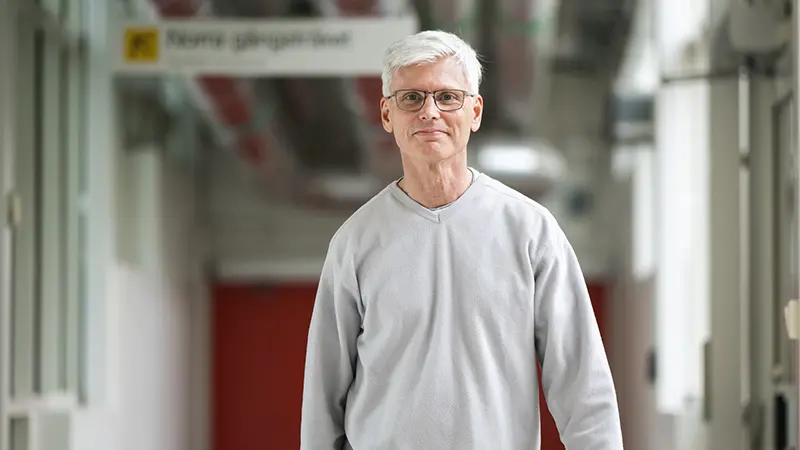
Agne Swerin, Research Leader at Pro2BE
The vision: to create innovations that benefit both industry and society
In close collaboration with industry and other research environments, new processes and products based on the forest’s renewable resources are being developed. The vision is to shape our bio-based future by contributing to the green transition and creating innovations that benefit both industry and society.
“We work on everything from fundamental material studies to process technology and system analysis to optimize resource use from a life cycle perspective,” says Agne Swerin, research leader at Pro2BE.
“We take a holistic approach and aim to understand how we can use raw materials more intelligently and contribute to a more circular economy.”
Pro2BE has grown out of a long tradition of forest industry research in Värmland. The Department of Engineering and Chemical Sciences was established in 2012, and the research environments for energy and chemical engineering have collaborated since the late 1990s.
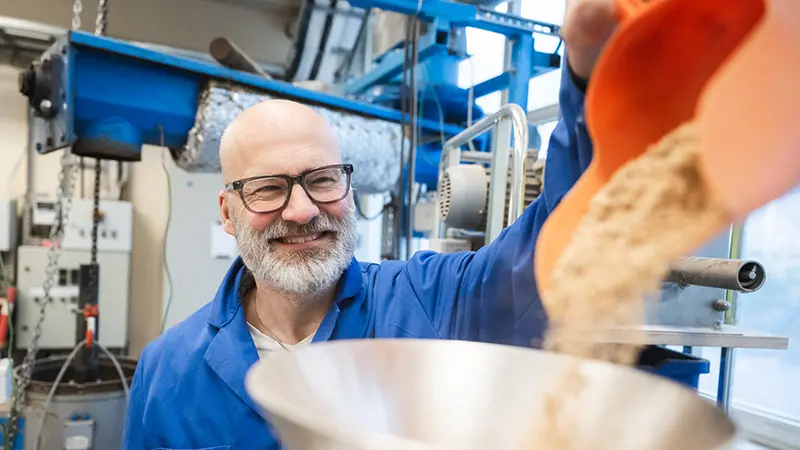
Stefan Frodeson, Associate Professor in Environmental and Energy Systems and Head of Department
From the molecular level to timber construction in the building industry
“Research related to the forest industry has a long history at the university, and in 2015 it was consolidated within the Pro2BE research environment,” says Stefan Frodeson, Associate Professor in Environmental and Energy Systems and Head of Department.
“Today, our research spans the entire spectrum — from the molecular level to timber construction in the building industry.”
Pro2BE has an interdisciplinary profile and aims to be a hub — a driving force in research and innovation networks that contribute to regional development. The research environment is open to researchers and projects that in some way connect to the forest-based bioeconomy.
“The definition is flexible and doesn’t need to involve all subject areas at once. We also see intersections with other faculties and disciplines, such as computer science", says Agne Swerin.
A hallmark of Pro2BE is its close collaboration with industry, networking organizations, and the public sector. Research projects are often tied to concrete industrial needs, and the results are implemented in practice.
“We’re happy to be involved early in discussions about new collaborations and establishments to see how we, from the academic side, can contribute with research,” notes Agne Swerin.
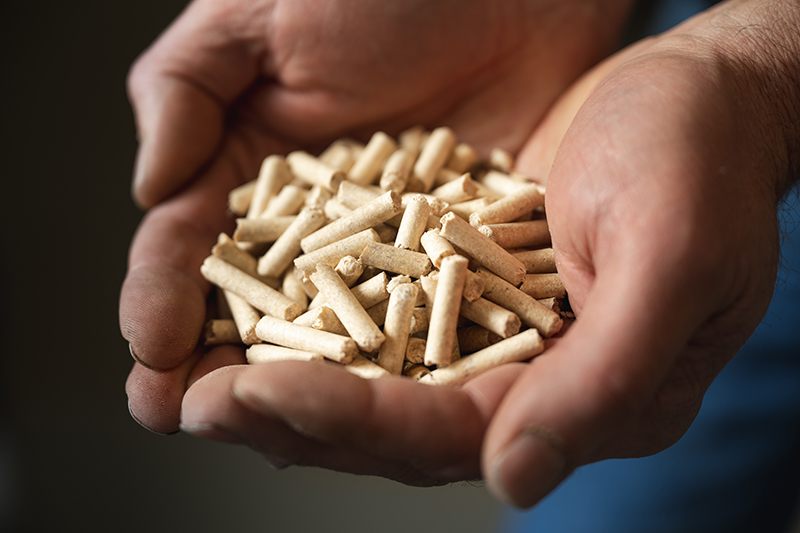
Pellets — a prominent area within Pro2BE's research
One prominent area within Pro2BE is research on pellet production, where various biomaterials are compressed under high pressure and temperature. Research often begins in a lab setting, where individual pellets are produced under controlled conditions. The processes are then gradually scaled up in collaboration with industrial partners.
“Our focus is understanding what binds materials together. This makes the application areas for compressed biomaterials broad — not just biofuels, but also other interesting uses,” says Stefan Frodeson.
A concrete example is a project where sludge, a by-product from the pulp and paper industry, is processed together with ash to create fertilizer pellets. These can be spread in forests to return essential nutrients like carbon and nitrogen. In Skoghall, outside Karlstad, there is a test site where the effects of fertilizer pellets on forest growth are studied at full scale.
“One advantage of hard pellets is that nutrients leach out slowly. We study how this affects nature and how much pellet material needs to be spread per area,” continues Stefan Frodeson.
“Previously, only ash was spread, but by including industrial sludge, we also return nitrogen to the forest. The project is carried out in collaboration with companies and nurseries.”
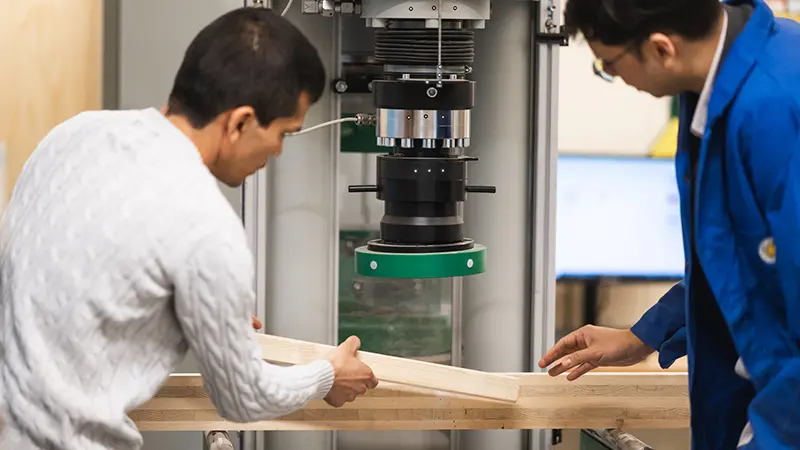
New materials are tested at scale in completed buildings
Another important research area for Pro2BE is construction technology. Here, researchers explore how industrial by-products can be used to create new sustainable materials.
“We collaborate with the CLT factory in Grums, where waste from the production of cross-laminated timber can be refined into other wood products and new construction solutions, such as building studs for the construction industry,” explains Stefan Frodeson.
Cross-laminated timber studs, where wood fibers are oriented in different directions, have better strength than traditional studs, making the technique more suitable for tall wooden structures.
“New materials are tested at scale in completed buildings,” adds Agne Swerin.
Karlstad University — a Central Part of the Region's Skill Supply
Beyond research, Pro2BE plays a central role in education at Karlstad University and thus also in the region’s skills supply. Students are involved in industry-linked projects, giving them valuable experience and expertise for exciting careers in the paper, pulp, and construction industries.
“Our students are an important part of the future bioeconomy,” says Agne Swerin.
“By linking research to education, we help retain expertise in the region and contribute to its development.”
Students choose these programs for various reasons.
“Some are mainly interested in technological development, while others are driven by the desire to help change the world,” says Stefan Frodeson.
“Regardless of their personal motivations, we want to give them the opportunity to dive deeper into what interests them most.”
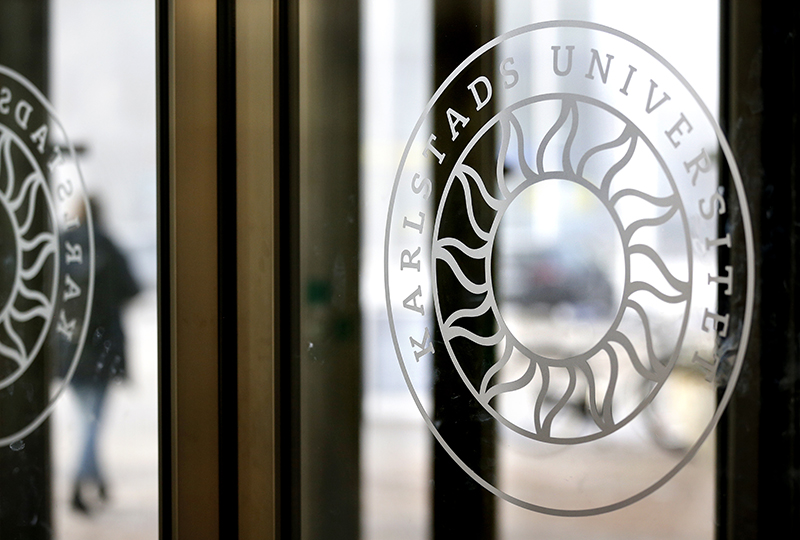
Pro2BE
A research environment at Karlstad University focused on the transition to a bioeconomy based on sustainable and environmentally friendly renewable raw materials. Special emphasis is placed on forest industry research. Areas of research include: pellet refinement, packaging barriers, molecular separation processes, purification and side-stream utilization, new processes for cellulose derivatives for textile raw materials, and fiber properties during paper dewatering and drying.
Employees: Approximately 55
Funding sources: KK Foundation, Swedish Energy Agency, EU Horizon Europe, European Regional Development Fund (ERDF), Region Värmland, and Karlstad University
Website: kau.se/pro2be

